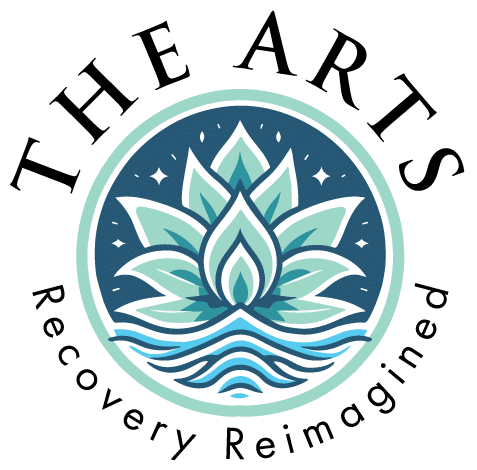Deciding to give up alcohol is a move that can boost your health, both physically and mentally. When you choose to quit drinking alcohol for good or even take a break from it for a while, it can lead to all sorts of changes in your body, from feeling better to dealing with some withdrawal symptoms. Understanding what happens when you stop drinking alcohol can provide a sense of relief and comfort, preparing you for the road ahead toward living sober.
The Instant Advantages of Giving Up Alcohol
As quickly as a few hours after your last alcoholic beverage, your body initiates the detoxification process to eliminate the alcohol from your system effectively. Here are some initial advantages you may observe:
- Enhanced sleep quality can be achieved by quitting alcohol since it interferes with sleep patterns and prevents rejuvenating rest.
- Giving up alcohol can improve your skin health and energy levels by restoring hydration levels in your body since alcohol tends to dehydrate the body.
- When you stop drinking alcohol for a while, your liver gets a chance to recover and heal from the harm caused by alcohol consumption.
Exploring the Effects of Alcohol Withdrawal
Suppose you’ve been consuming alcohol in amounts or consistently for a prolonged time and then suddenly stop drinking it. In that case, you might encounter withdrawal signs and symptoms as your body adapts to operating without alcohol again.
Short-term Effects of Withdrawal Symptoms
In some cases, withdrawal from alcohol in the term happens within 24 to 72 hours of quitting drinking, leading to common symptoms such as:
- Anxiety and irritability can arise when alcohol disrupts your brain’s balance as your body works to readjust itself.
- When someone stops drinking alcohol, they may experience discomfort such as headaches, stomach pain, and vomiting.
- Tremors may occur, such as shaking hands or body tremors, as your nervous system adjusts to the absence of alcohol.
Most individuals may find these symptoms unpleasant; however, they typically improve after a day to a week. For those who have been consuming alcohol heavily over a long period, the withdrawal symptoms can be more severe and potentially life-threatening.
Long-term Effects of Withdrawal Symptoms
Extended withdrawal periods or protracted withdrawal syndrome may manifest in individuals with a long-term alcohol dependency lasting for some time after they have stopped using the substance gradually over weeks to months.
- After completing the detox process from alcohol addiction, you might still find yourself dealing with intense cravings for a drink.
- Changes in emotions and feelings. When you stop drinking alcohol, it may affect the chemicals in your brain, leading to mood swings and depression until your mood stabilizes over time.
- Some people might find that their sleep improves initially after using this method. Others may struggle with insomnia or not sleep well for a long time.
Determining whether you are facing short or long-term withdrawal is crucial in figuring out the type of assistance and care that could be beneficial to you. The presence of symptoms warrants seeking help from a healthcare professional, ensuring you feel supported and cared for during this challenging time.
Assistance Provided by The ARTS IOP
When dealing with alcohol withdrawal and staying sober, it is essential to have a support system in place. The Intensive Outpatient Program (IOP) at ARTS provides outpatient care tailored to aid individuals in detoxification and offer assistance throughout their recovery journey. The team of experts at ARTS is committed to guiding clients through withdrawal symptoms, whether brief or last, for a period. We focus on sustaining sobriety through therapy and proven practices based on evidence, giving you confidence and hope about your recovery.
At The ARTS IOP center, clients get personalized treatment that focuses on addressing both the mental aspects of addiction issues. Our outpatient program enables people to maintain their routines while getting the necessary assistance to conquer the obstacles of detoxification and drug rehab.
Quitting drinking alcohol is a choice that can significantly enhance your health and happiness levels. Dealing with the challenges of alcohol withdrawal can be tricky. Getting the assistance and support can help you manage these symptoms effectively. Whether you are facing discomfort or enduring long-term withdrawal effects, seeking help and support can have an impact on your path to sobriety.
If you’re thinking about giving up alcohol and require assistance with managing withdrawal symptoms, contact The ARTS IOP today.

